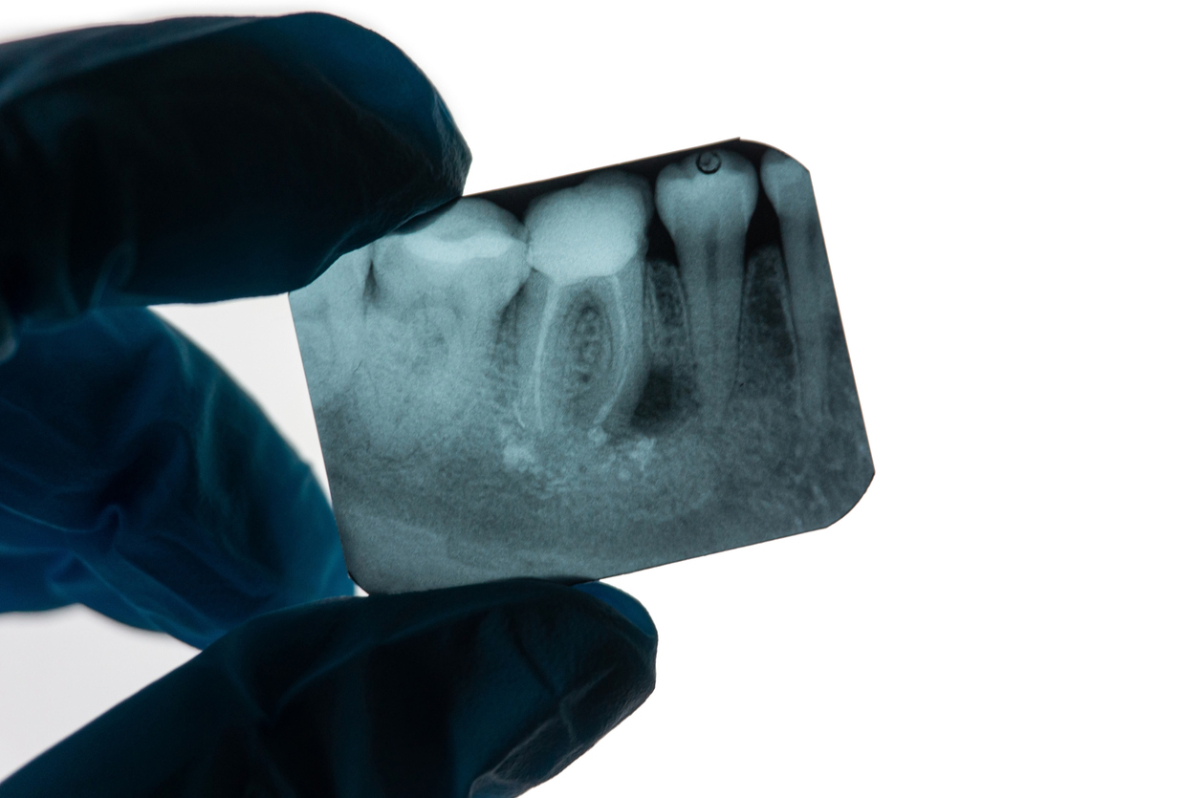5 Myths About Root Canals
Losing a tooth can be very frustrating, especially when it leaves an unpleasant gap that can be seen while talking or smiling. A gap may not only cause issues when it comes to biting, chewing, or grinding food, but it can also decrease a person’s self-confidence when it is visible. Fortunately, the advancement of dental technology has allowed dental patients to save their teeth while relieving pain, eliminating bacteria, and preventing reinfection through a root canal performed by an endodontic dentist. While around 15 million root canals are done in the United States every year, many patients still shudder at the thought of having one. This is because of the common misconceptions surrounding root canals. If you are deliberating between a root canal and a tooth extraction, read the 5 myths about root canals below and uncover the truth about this routine procedure.
5 Myths About Root Canals
Myth 1: Root Canals Are Extremely Painful.
This is one of the most widely spread misconceptions. Patients usually think of pain when they think of root canals. Although this may have been true in the far past when dental technology and anesthesia were far less advanced, it is now so much farther from the truth. In fact, today’s root canals are no more painful than standard dental fillings. Patients report little to no discomfort during treatment, thanks to modern anesthesia techniques and innovative tools.
When a tooth becomes infected or severely decayed, this is often accompanied by excruciating and disabling pain. Through a root canal, the endodontist removes the infected tissue from inside the tooth and gets rid of the source of pain. You may feel mild discomfort after the procedure, but over-the-counter pain relievers can easily manage it. The pain or discomfort will subside after a few days. In contrast, if you do not undergo a root canal, the infection and pain may worsen, and tooth extraction may be the only way to relieve you of both.
Myth 2: Root Canals Cause Illness
This myth stems from a false claim made by poorly designed and debunked research from nearly a hundred years ago before modern science revealed the real causes of many illnesses and diseases. This research linked root canal to systemic diseases.
The truth is the direct opposite. Leaving a sick tooth without extraction or without root canal therapy can cause bacteria to spread and lead to serious health problems. Today’s endodontists use modern root canal procedures under stringent sanitation and sterilization protocols. This minimizes any potential risks. In fact, according to modern research, patients with multiple endodontic treatments had a 45% reduced risk of cancer.
Myth 3: Root Canals Take Several Long Appointments
This may have been true in the past, but it is no longer true today. With dental advancements and modern dental techniques, endodontists are now able to perform root canals in a single visit, which only takes 60-90 minutes. During this visit, your tooth can be cleaned, disinfected, and sealed. For more complicated cases, a second visit may be required.
Myth 4: Extraction Is Better than Root Canal
Some patients believe that tooth extraction is the better option because it is simpler and more convenient. While it is a simpler way to get rid of the pain caused by a problematic infected tooth, saving your natural tooth is still the better option.
Tooth extraction leaves a gap, which may cause your remaining teeth to move. Your speech, bite, and your ability to chew will be potentially affected. In addition, missing teeth may also cause bone loss in your jaw, which may change the structure of your face over time. If you have your teeth extracted, you will need an implant, a bridge, or dentures to restore function. This will also cost money and time. On the contrary, a root canal preserves your natural tooth, maintains your smile, and helps you avoid these issues.
Myth 5: Treated Teeth Do Not Last Long
One common false belief is that root canals eventually fail and extraction will be needed in the long run. The reality is that a root-canal-treated tooth can last a long time, just as long as a tooth that has never needed treatment. After performing the root canal procedure, your endodontist will seal your tooth with a filling and cover it with a crown. This will restore its strength and function and will allow you to speak, bite, and chew normally.
Although no dental treatment is guaranteed to last forever, root canals have a high success rate. Most patients have enjoyed the benefits of their restored tooth for decades, with good oral hygiene practices and regular visits to their dentist or endodontist.
Say Goodbye to Excruciating Pain
Now you understand the truth behind the myths about root canals. It is important to understand that many of these beliefs are outdated or inaccurate. Far from being painful or risky, a root canal is an effective way to get permanent pain relief while saving your tooth. If you have been putting off getting a root canal because of these misconceptions, it is time to talk to a licensed and skilled endodontist who can explain the procedure to you. Do not hesitate to voice out any concerns and ask any questions that have not yet been addressed by this post. Consult with us today.

Leave a Reply